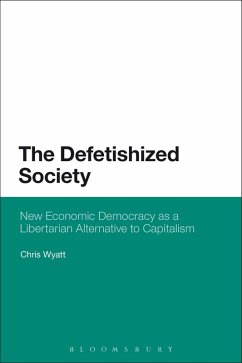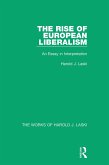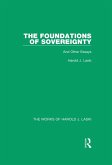New Economic Democracy establishes a self-governing civil society, unifying the private sphere of production and the public sphere of citizenship within a non-statist scheme of communal ownership. It provides the premises to seeking a solution to Marx's fetishism of commodities. Only a thorough restructuring of the economic and political institutions can provide the social climate in which the phenomenon of fetishism can be transcended. Defetishizing the commodity implies reversing the concealment of the social relations through which commodities are produced and preventing the tendency to bestow magical characteristics to commodities. The key imperative to the defetishized society is a system of genuinely democratic institutions. iprovides this necessary corrective and also challenges the prediction that politico-economic organizations, like worker cooperatives, are destined to be dominated by the dictates of oligarchs.
The explanatory approach of Marx's concepts combined with an original argument will make the book a valuable research tools to students and researchers in political theory, democratic theory, and political economy.
The explanatory approach of Marx's concepts combined with an original argument will make the book a valuable research tools to students and researchers in political theory, democratic theory, and political economy.









